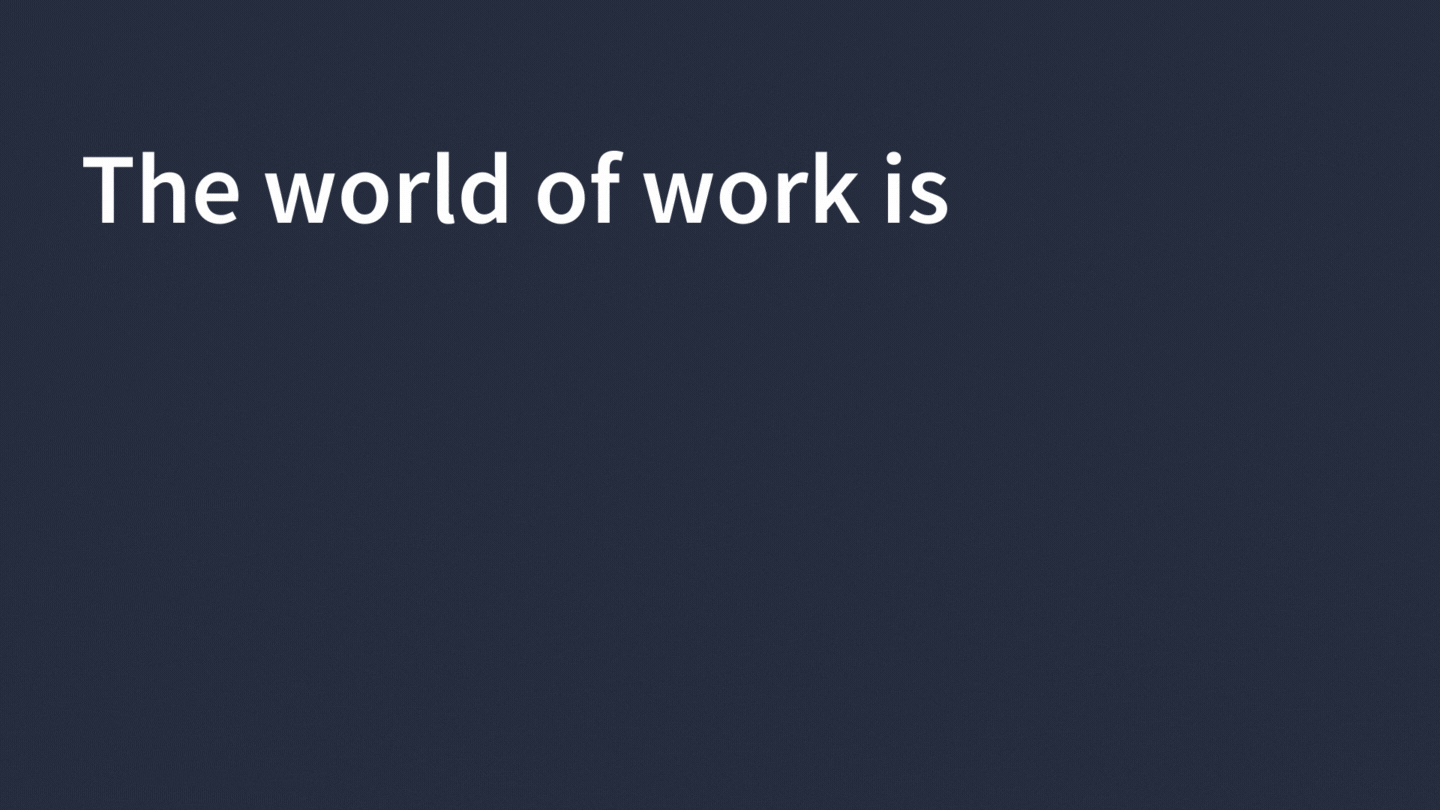Who are the workers hardest hit by the pandemic? In which sectors do they work? In which countries? This dataset aims to answer this by analyzing a set of variables related to health and economic risks.
The COVID19 pandemic constituted one of the biggest shocks to the labor market in history by its size and persistency. The challenges imposed by the virus were unprecedented: physical proximity and agglomeration became a risk behavior for the first time in centuries. Societies were forced to unlearn centuries of habits and practices regarding the world of work, from face-to-face interactions in factories to take a bus to the office. Some workers managed to redefine their daily tasks to match the low-proximity requirement of COVID19, while others weren’t able to do that, and thus COVID19 became itself a source of inequality.
Who are the workers hardest hit by the pandemic? In which sectors do they work? In which countries? This newly published open dataset aims to answer these questions by analyzing a set of variables related to health and economic risks. It combines indicators on the ability to telework (the higher, the less likely to suffer income losses due to COVID19), the probability of automation (the higher, the more likely to suffer income losses), the physical proximity (the higher, the more likely to suffer income losses) and the sanitary risk at work (the higher, the more likely to suffer income losses). The dataset offers information for different occupations, countries, gender, and levels of skills.
Lying at the intersection of technological change and health data provides insights into the new challenges faced by labor markets across the globe in the current pandemic scenario.
We invite you to click here to explore and download the dataset which allows you to look into country overviews, cross-country comparisons, occupation-based comparisons, as well as the methodology and references.

Future of Work in the Global South (FoWiGS) is an IDRC-supported initiative, which is coordinated by CIPPEC, that brings data, knowledge, and policy frameworks to answer these questions and contribute to a future that works for everyone in the Global South.
